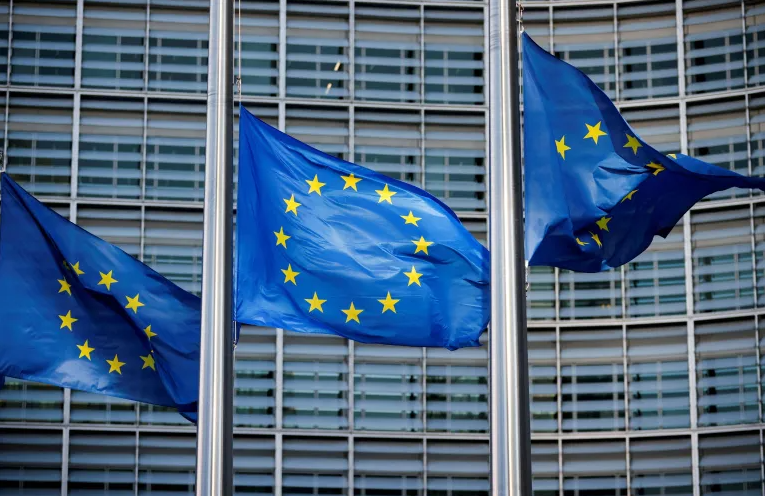
Paris and Berlin remained committed until the end to ensuring that the legislation protects startups specializing in artificial intelligence, so as not to hinder the emergence of “European champions” in this field in the future. Diplomats told Agence France-Presse that concerns were taken into account before finalizing the text, providing both countries with clarifications regarding its implementation.
German Minister for Digital Technology, Volker Wissing, expressed his satisfaction, stating, “We have achieved improvements for small and medium-sized companies, avoided disproportionate requirements, and ensured the preservation of competitiveness on the international level.”
Similarly, German Minister of Economics, Robert Habeck, regarded the legislation as enabling the harnessing of the vast potential of artificial intelligence while taking risks into account. He emphasized the importance of facilitating innovation and providing legal clarity for companies, stressing the need for non-bureaucratic structures in its implementation.
However, the technology sector appeared more cautious. The head of European Affairs at the advocacy group “CCIA Europe,” Boniface de Champre, remarked that “many of these new rules are still unclear and could slow down the development and deployment of innovative applications.” She warned that the legislation’s effective implementation “will be crucial” to avoid imposing a “burden” on competitiveness.
Leave a Reply